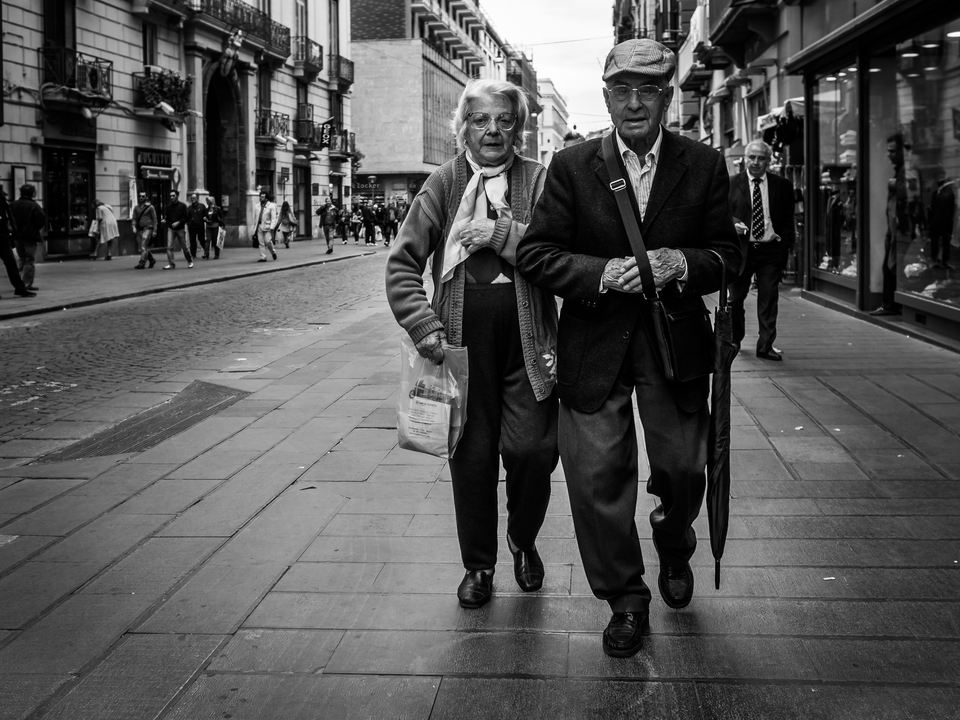
Is seafood the secret ingredient to longevity? Japanese newborn babies have some of the highest life expectancies in the world, at 83 years, and this is on the rise. Before you start packing up for Japan, you must understand that it is not that simple.
Many of us assume that our early ancestors died at a younger age than people in post-industrialized societies. If it is said that the average life expectancy back then was around 35, then it would probably be logical to assume that most adults started dropping dead as they entered their prime. However, contrary to popular belief, our pre-industrial ancestors lived to be as old as people do today, without modern medicine and improved living conditions.
In order to understand this concept, we need to differentiate “average life expectancy” and “lifespan.” The average life expectancy is also known as “life expectancy at birth,” which is calculated from the average of all deaths by averaging the age of mortality by all ages. For those of you who may not be familiar with the math, think of it as the average number of years a newborn infant can expect to live in a given society at a given time. It is a number statistical experts use to paint a picture of the general quality of life regarding a specific population. Lifespan, on the other hand, is how long an individual lives as opposed to the average, and it is commonly confused with life expectancy.
The reason why average life expectancy is significantly lower in our ancestral past is mainly due to extremely high infant mortality rates. It is estimated that almost half of infants die before reaching adulthood and the remaining half that survives can reach 70 to 80 years. An average life expectancy at birth can be 35 years, but that does not necessarily mean an individual can or will only live to be 35.
If, for instance, 50 percent of children do not live past the age of 12, despite the longevity of the remaining 50 percent, the average life expectancy will dwindle around 40. This solely comes down to the cold, hard fact that not everyone can survive their childhood. Infants back then were vulnerable to infections, diseases, and accidents due to the lack of medical care, nutrition, sanitation, and safety. The good news for the remaining survivors is that it is very possible to live up to 70 to 80 years of age regardless of the location or the era you live in. If you try to avoid tobacco and junk food, just as our ancestors dodged deadly predators and poisonous herbs, you can probably live a long and prosperous life.